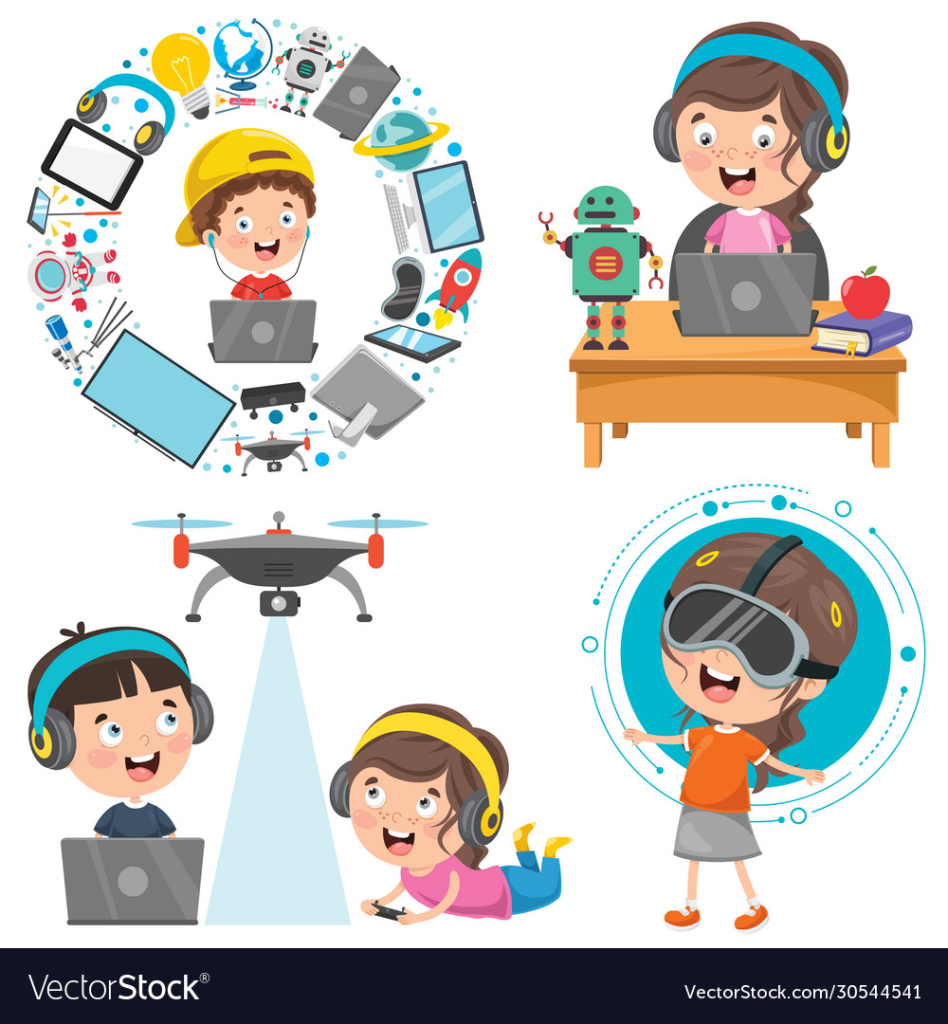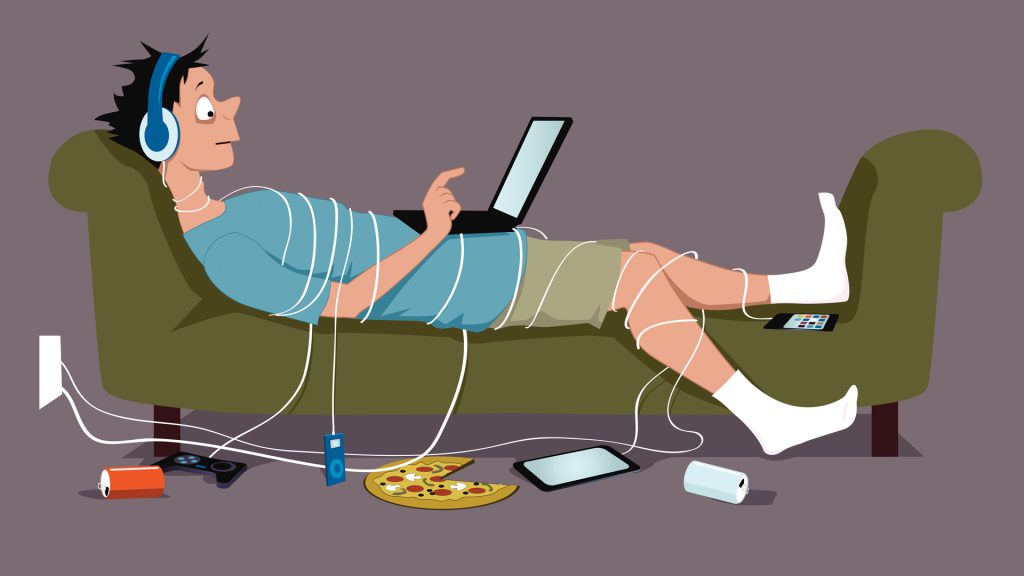Shimbo Pastory
This article was published in The Citizen Newspaper – Tanzania on Tuesday 16th November, 2021.
It is a standing fact that every business has its target market. Oftentimes this is a discussion between top offices. But for the sake of knowledge, this is a logical deduction about technology today. Tech is at the same time the greatest global market, the leading market simulator, and is itself the most available and promoted object of the market.
The aim here is not to discourage tech, as that would be naivety and a public display of subjective backwardness. The aim is rather to help parents make the best out of their growing children amid the overcrowding tech stuff.
Insofar as tech is concerned, the parental eye should go beyond pleasing societal pressures. There is a trend of observing what other parents do and then copying the same with one’s children. There is also a temptation to find pride in brands, or certain suppliers or sellers.
Parents need to know that tech is a business; and like any other, it has a way of making its consumers permanent. The content and function of tech should be thoroughly assessed before generously availing it to our children.
Movies, cartoons, sandboxes, real-time strategy (RTS), battling multiplayer (MOBA), Party games and role players, sports simulations, platformers, survival and horror, play stations, and virtual reality (VR) are all good.
But we must question the utility they serve. Are they the sole possibility for our children to have fun? Are they safe for their mental and psychological well-being? Do they promote the psychosocial maturity expected of them?
The untold story is that the aforementioned have massively destructed growing-up kids in the West and America. Once the kids get exposed to them it is difficult to bring them back. Parents are always shocked by the results of this nicely packaged stuff.
Amongst the harms that simulated content can have in young children are obsessions, exposure to acts of aggressiveness and violence, explicit visuals, anti-social tendencies, and lonesomeness.

Saturated with such images they fail to distinguish life in simulations like games and movies from real life in society. Hence we see cases of gun violence and peer bullying among children and young adults.
What do we want for our children?
There are so many informative and engaging movies, cartoons and games for children. Life lessons are all they need. We should not expect a fruit vendor to tell us that the fruits s/he sells are rotten. It is upon us at the receiving end to figure out what we truly want.
Technology grows so fast that it confuses even the adult population. Yet, the adult guardians and parents are made to think it is safe for the kids. In the same, the possibilities that come with it are unpredictable.
It is true that society somewhere else, especially due to urbanization, struggles with problems of child predation and child abuse, and many children have little space for playing. But seeking recourse in tech has to be carefully monitored. Oftentimes, movies and games are a huge drain of time and they are no longer healthy for children.
Research has established that the more children watch movies or play video games, the poorer they perform in school.
Teach your children to make friends, and to play and learn with them. They do not yet need online friends. Give them what they need, not what they want, or what advertisers tell you they need. Teach them good morals, and introduce them to matters of God, it will help them in the future.
Tell the boys repeatedly that they are boys, and will grow up to be men and the girls that they are girls and will grow up to be women. This is basic knowledge about their identity in society. Numerous movies, cartoons and games (offline and online) present shocking identities in these matters.
The Way Out
Parents ought to keep track of their children engagements with tech, visuals and simulations. This helps to know when a child’s behaviour begins to change, and also when it is necessary to set boundaries for them.
There are other ways of making our children multitask, be creative, competitive, and have a good memory. History can be read in books, not necessarily in shootouts displayed in movies and video games. Let us not be blinded by advertisers. Let us give our children resources that they can understand and which are relevant to the life we live in society.
I recently visited a primary school junior class. A little girl (less than 5 years old) told the teacher that she wants to be a witch, and her friend said she wants to be a mermaid.
This is evidence that they were exposed to what is beyond their capacity to understand. The image of a witch even here in the UK is mythical, mysterious and horrific, yet a child wants to be one.
